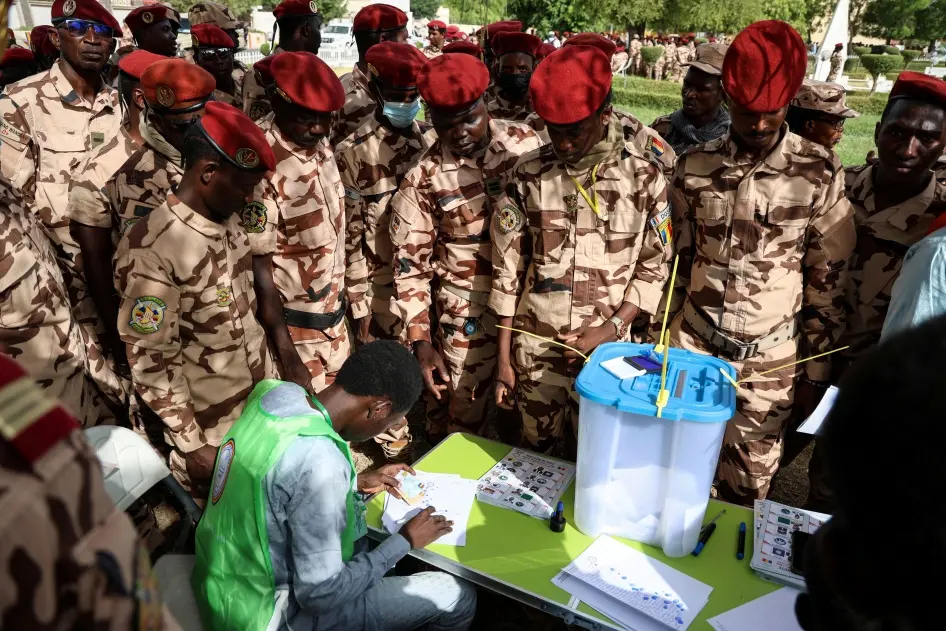
Charles Muchoki | Africa Guardian
Governments in Central Africa escalated their suppression of civil and political rights in 2024, particularly during elections, Human Rights Watch stated in its World Report 2025. Armed conflicts in the region saw widespread violations of international humanitarian law by both government forces and non-state armed groups, with little accountability.
The World Report 2025, now in its 35th edition, examines human rights practices in over 100 countries. In her introductory essay, Executive Director Tirana Hassan highlighted a troubling global trend of governments targeting political opponents, activists, and journalists through wrongful arrests and detentions. Armed groups and government forces were implicated in civilian killings, forced displacements, and obstructing humanitarian aid. In 2024’s 70-plus national elections, authoritarian regimes exploited discriminatory rhetoric and policies to consolidate power.
Suppressing Fundamental Freedoms
“Governments across Central Africa repressed fundamental rights and liberties, especially surrounding elections and referendums, raising concerns about efforts to monopolize power,” said Lewis Mudge, Central Africa director at Human Rights Watch. Despite this, there were some justice efforts for victims of abuse, notably in the Democratic Republic of Congo (DRC) and the Central African Republic (CAR), where steps were taken to prosecute those responsible for serious violations.
Key examples of repression included political prosecutions in Rwanda and CAR, where dissenting voices were systematically silenced. In Burundi, Chad, and the DRC, opposition parties and civil society groups faced significant abuses. Media freedom remained under attack in Burundi and the DRC, while elections in Chad and Rwanda were criticized as neither free nor fair, with authorities curbing free expression among political opponents, media, and voters. In Burundi, authorities tightened restrictions on opposition groups in the lead-up to elections scheduled for 2025.
Civilians Bear the Brunt of Conflict
Armed conflicts in CAR and the DRC inflicted severe hardships on civilians. Humanitarian aid delivery was severely hindered, while hostilities in eastern DRC’s North Kivu province displaced approximately 2.5 million people. Both the Congolese military and allied militias, as well as the Rwandan military and the Rwanda-backed M23 armed group, were accused of laws-of-war violations. In Chad, more than 700,000 refugees sought shelter after fleeing the escalating conflict in Sudan.
Accountability Efforts: Progress and Challenges
2024 saw mixed progress in accountability for abuses. In Rwanda, a landmark trial convicted prison officials and inmates of murder and assault at Rubavu prison, offering hope for other victims of torture. CAR’s Special Criminal Court advanced investigations into international crimes committed since 2013. However, little accountability was achieved in North Kivu, where atrocities by belligerents went unpunished. In Chad, security forces who killed at least 11 people in a post-election celebratory shooting in May also escaped justice.
Calls for Action
Human Rights Watch urged Central African governments to fulfill their obligations under international law by strengthening protections for fundamental freedoms and the rule of law, particularly during elections. Authorities were also called to enhance civilian protection during armed conflicts, ensure unimpeded humanitarian aid access, and hold perpetrators of abuses accountable, regardless of rank or affiliation.
Addressing these systemic issues is critical to improving governance and human rights in the region while alleviating the devastating impact on civilian populations.
___
